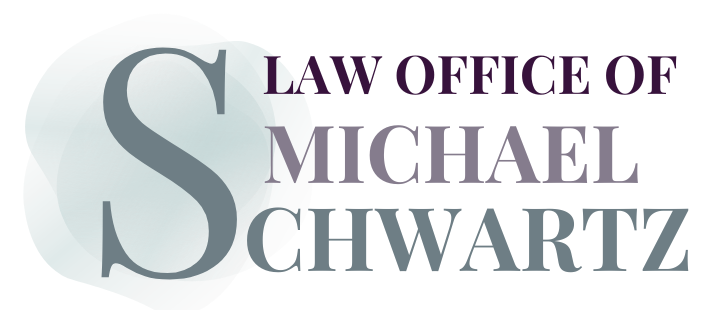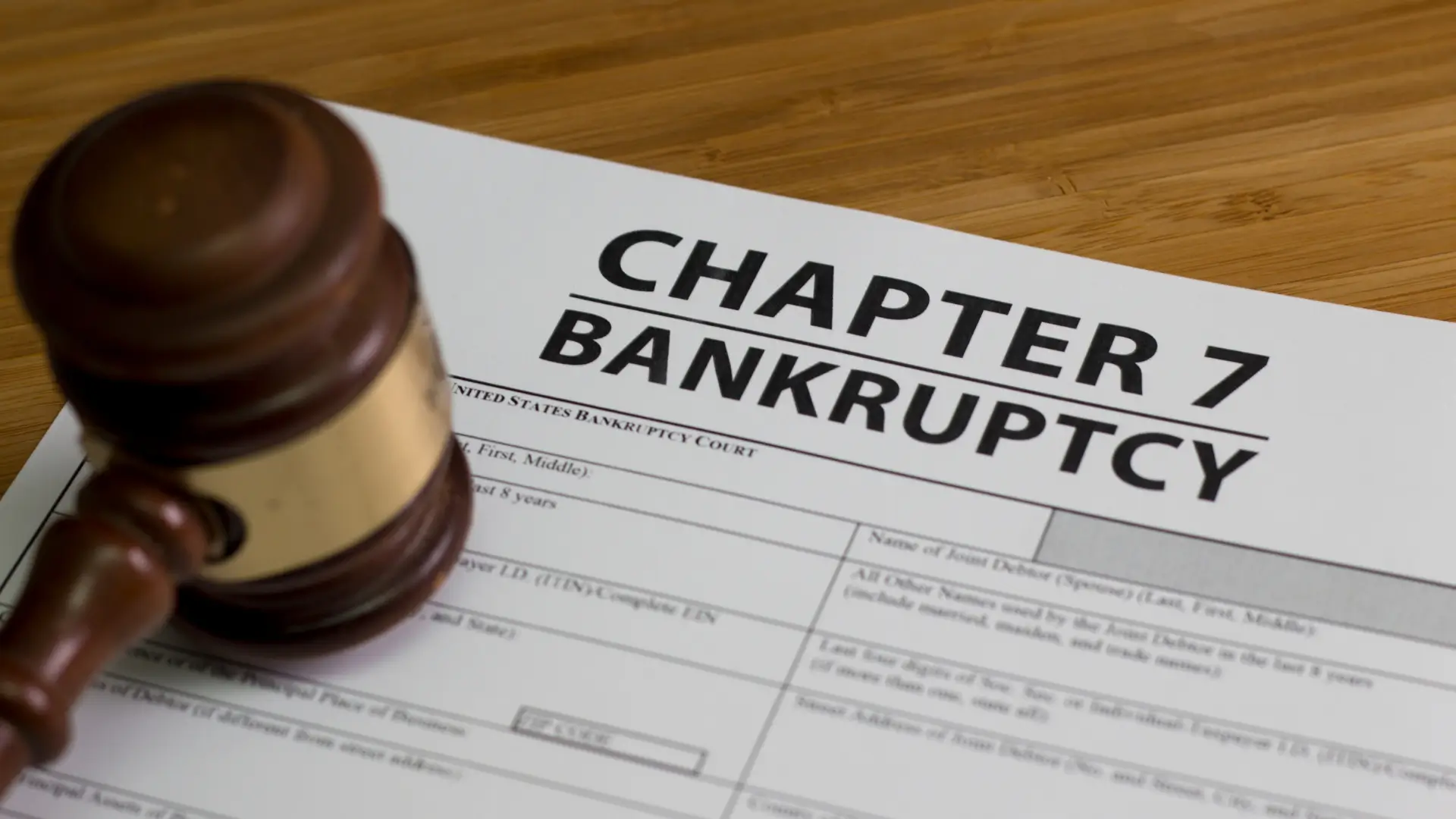Faced with overwhelming debt, individuals often feel cornered with limited options for relief. However, Chapter 7 bankruptcy stands out as a viable pathway to reset your financial situation, providing a fresh start to those who qualify. As a Bucks County Bankruptcy Lawyer with over 20 years of experience, I aim to demystify the process of filing for Chapter 7 bankruptcy, clarifying eligibility, the steps involved, and the potential outcomes you can expect.
What Is Chapter 7 Bankruptcy?
Chapter 7 bankruptcy, often referred to as “liquidation bankruptcy,” is designed to discharge most of your unsecured debts, such as credit card debt, medical bills, and personal loans. It’s a federal court process that aims to give people burdened by debt a clean slate. Not everyone qualifies for Chapter 7, and it’s crucial to understand both the benefits and the limitations before proceeding.
Eligibility for Chapter 7 Bankruptcy
Eligibility for Chapter 7 is primarily determined through the “means test,” which compares your income to the median income for a household of your size in your state. If your income is below this median, you most likely will qualify. This test ensures that Chapter 7 is reserved for those who truly cannot pay their debts. It is also important that an experienced bankruptcy lawyer review your assets to make sure that they will be protected in the process.
The Process of Filing for Chapter 7 Bankruptcy
- Credit Counseling: The first step involves completing a credit counseling course from an approved agency, which is a prerequisite for filing.
- Filing the Petition: With the assistance of a bankruptcy attorney, you will file a petition for bankruptcy along with documentation detailing your financial status—debts, assets, income, and expenses.
- Automatic Stay: Upon filing, an automatic stay immediately takes effect, halting most creditors from collecting debts.
- The Bankruptcy Trustee: The court appoints a trustee to oversee your case. The trustee’s role includes reviewing your finances and selling non-exempt assets to pay off creditors. A seasoned bankruptcy attorney can advise you on whether or not your assets are exempt from liquidation.
- Creditors’ Meeting: Also known as the 341 meeting, this is a chance for creditors to question the debtor under oath. Because the Trustee represents creditors’ interests, most creditors do not attend.
- Discharge: Typically, within 3-6 months, the court discharges eligible debts, meaning you are no longer legally required to pay them. The court will send a discharge order to you, signed by the Judge, effectively ending your case.
Potential Outcomes and Considerations
Filing for Chapter 7 bankruptcy can provide significant relief, discharging most unsecured debts and stopping wage garnishments, collection calls, and civil lawsuits. However, it’s important to be aware that not all debts can be discharged (such as student loans, child support, and certain taxes), and the filing will remain on your credit report for up to 10 years. For most, though, bankruptcy helps the credit score increase as all of the bad debt is discharged.
Moreover, while Chapter 7 allows for the discharge of debts, it may also involve the liquidation of non-exempt assets by the bankruptcy trustee to pay off creditors. The specifics of what assets are considered exempt vary by state, so it is important that you speak to an experienced bankruptcy attorney like Michael Schwartz.
Final Thoughts
Chapter 7 bankruptcy can offer a path out of overwhelming debt, but it’s not a decision to be taken lightly. Understanding the process, eligibility criteria, and potential outcomes is crucial. As your Bucks County Bankruptcy Lawyer, I am here to guide you through this complex process, providing the expertise and support needed to navigate Chapter 7 bankruptcy effectively. If you’re considering bankruptcy as an option, it’s essential to consult with a qualified attorney to discuss your specific situation and explore all possible solutions for securing a brighter financial future. Reach out to me today to explore your options.


